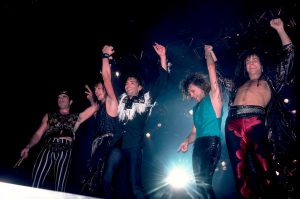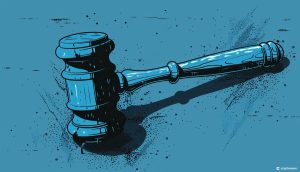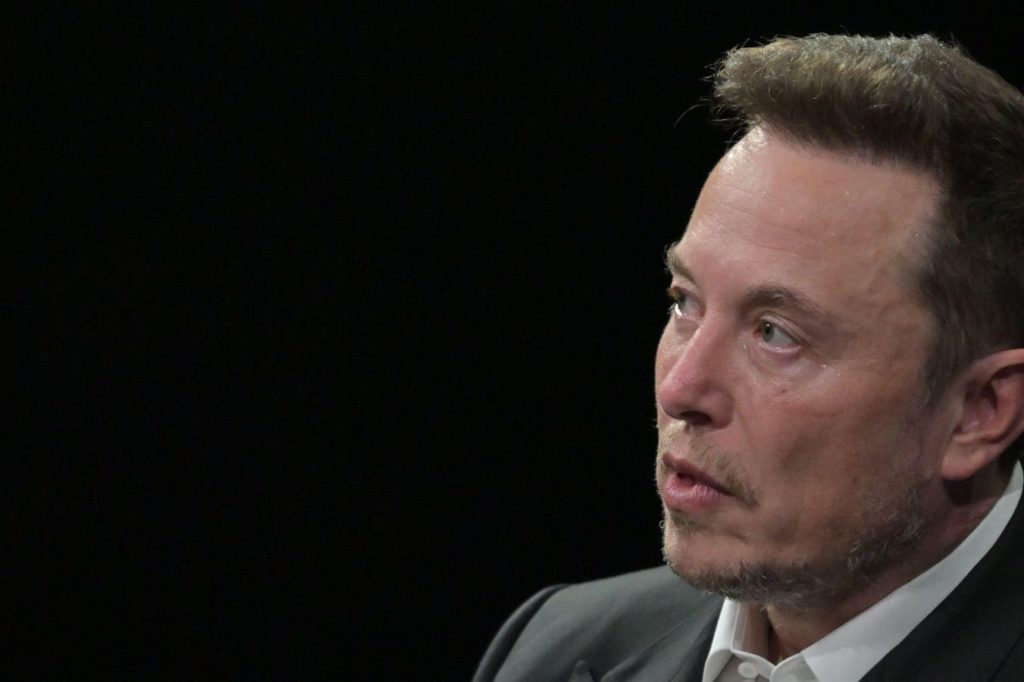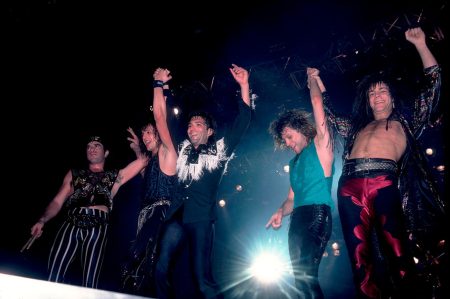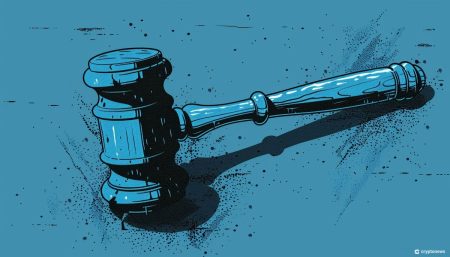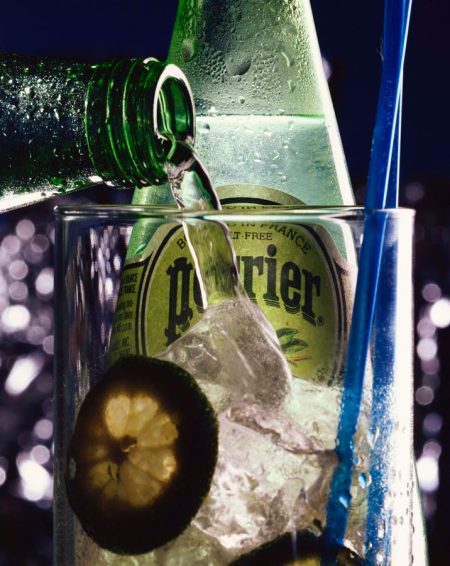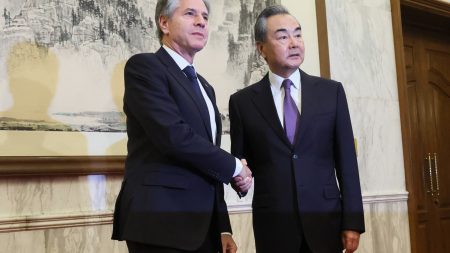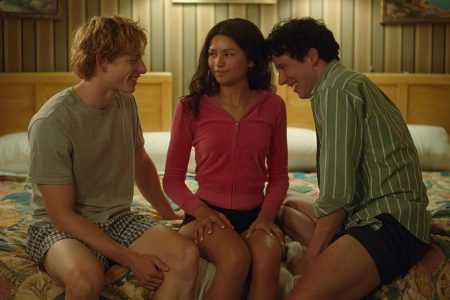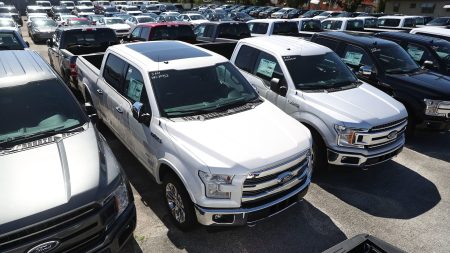Billionaire Elon Musk, owner of the social media platform X, criticized Australian Prime Minister Anthony Albanese on Monday for allegedly perpetuating censorship on the platform. This criticism comes after Albanese and regulators requested the removal of certain videos depicting graphic violence from a stabbing at a Sydney church last week. Musk’s tweet portrays X as a platform for free speech and truth, contrasting it with other social media platforms that he accuses of promoting propaganda and censorship.
The conflict between Musk and Australian regulators began last week when X was ordered by the eSafety commissioner to remove posts about the stabbing that contained offensive violence or face potential fines. X complied with the order on Friday but took issue with the request to remove the posts globally, rather than just in Australia. The platform argued that global takedown orders go against the principles of a free and open internet and stated that it would challenge Australia’s order in court.
Australian authorities have criticized Musk for not complying with the order, with Environment Minister Tanya Plibersek referring to him as an “egotistical billionaire” who prioritizes his own interests over respecting the victims of crimes. Agriculture Minister Murray Watt also condemned Musk and other billionaires for thinking they are above the law. Musk, who has been vocal about being a “free speech absolutist,” has faced backlash for suspending accounts belonging to rival social media platforms and journalists on X.
As of Monday, X has geo-blocked the posts related to the stabbing so that Australians cannot see them, but the posts remain visible globally. Australian barrister Christopher Tran argued that this limited geo-blocking did not comply with the order from the eSafety agency, which had requested the posts to be removed and globally blocked. Albanese emphasized that the conflict with X is not about freedom of expression but about the spread of falsities and the dangerous implications that can arise from it.
Despite the ongoing conflict with Australian authorities, Musk continues to defend X as a platform for free speech and truth. With a net worth estimated at $176.4 billion, Musk is one of the wealthiest individuals in the world. His stance on free speech and his actions regarding content moderation on X have sparked controversy and criticism in Australia and beyond. The issue of censorship and regulation on social media platforms continues to be a topic of debate, highlighting the complex relationship between freedom of expression and the spread of harmful content.
